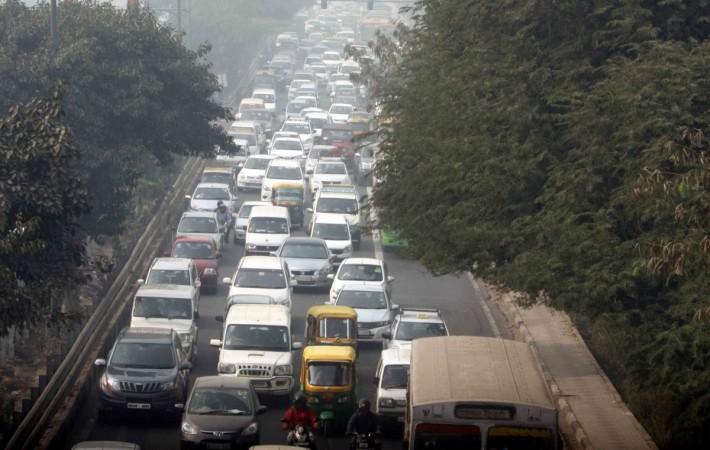
The debate on the ban on diesel cars plying on roads in the National Capital Region (NCR) continued on Thursday as the Centre told the Supreme Court that the ban was adversely affecting the BPO industry. The companies could opt to move out of the country because of the issues they were facing, the government reportedly told the apex court.
National Association of Software and Services Companies (Nasscom), a trade association of information technology companies and BPOs, recently said that the BPO industry would face a loss of $1 billion because of the ban. The order could lead to "loss of jobs, investment, foreign exchange and a huge reputational risk for not only the entire sector but for India," Nasscom said in a letter to the ministry of road transport and highways on Wednesday, as reported by the Economic Times.
Solicitor General Ranjith Kumar told a bench headed by Chief Justice TS Thakur on Thursday that the country's economy would be hit by this decision as BPOs hired diesel cars to pick and drop employees. Kumar also told the apex court that it would be filing an application on employee safety being compromised due to the ban.
Justice R Banumathi asked the solicitor general why the companies can't hire buses for carting the employees.
The counsel for the Environment Pollution Control Authority (EPCA), who was also present at the hearing, was quoted by Press Trust of India as saying that it is in talks with the Delhi government over the issues that companies are facing now that diesel cabs have been barred from NCR roads. The EPCA also informed that cabs with all India permits are being affected by the ban.
The court had on May 3 given the Delhi government two days to come up with a plan on phasing out diesel cabs as the absence of 30,000 cabs, diesel-fuelled, was inconvenient to commuters.
The ban, since it came into place on May 1, has also led to protests by owners of taxi companies and drivers of diesel cars as their livelihood got affected.
"There are a million direct jobs and more than 3 million indirect jobs at stake here, contributing $28 billion to the exchequer. Also, half of the workforce of this industry is women and their safety is paramount," Keshav Murugesh, group CEO of WNS BPO, told the ET.
















